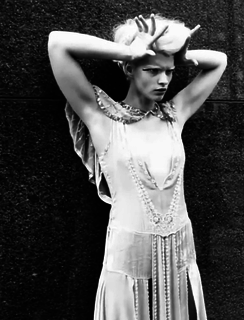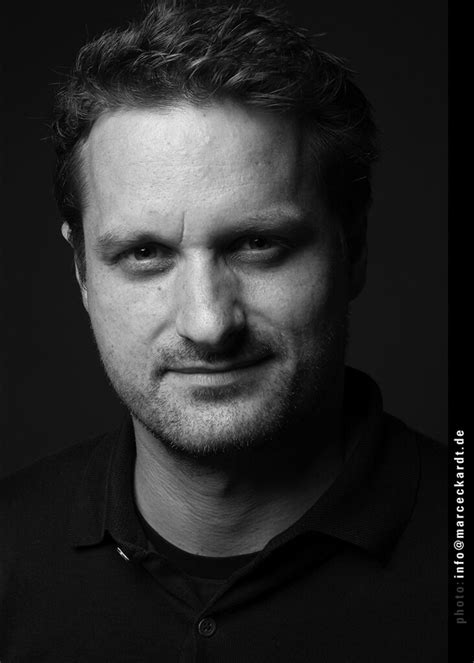A Quote by Eckhart Tolle
Sometimes it's easier to see the madness in others---but we also have to see it in ourselves.
Related Quotes
To see ourselves as others see us can be eye-opening. To see others as sharing a nature with ourselves is the merest decency. But it is from the far more difficult achievement of seeing ourselves amongst others, as a local example of the forms human life has locally taken, a case among cases, a world among worlds, that the largeness of mind, without which objectivity is self-congratulation and tolerance a sham, comes.
Human beings are complicated and flawed and unique, but we all have a story to tell. Gone are the days where our lead characters can only look like somebody else. Heroes look like all of us. We see ourselves in each others' stories. We see who we are. We see who we want to be. Sometimes we see who we don't want to be. And through that we have a greater understanding of ourselves and acceptance of each other.
When we see the relatedness of ourselves to the universe, that we do not live as isolated entities, untouched by what is going on around us, not affecting what is going on around us, when we see through that, that we are interrelated, then we can see that to protect others is to protect ourselves, and to protect ourselves is to protect others.
When we see the relatedness of ourselves to the universe, that we do not live as isolated entities, untouched by what is going on around us, not affecting what is going on around us, when we see through that, that we are interrelated, then we can see that to protect others is to protect ourselves, and to protect ourselves it to protect others.
We are always more anxious to be distinguished for a talent which we do not possess, than to be praised for the fifteen which we do possess. Sometimes we are too close to the scene, to see clearly. We "know" ourselves so well that we cannot see how we are perceived by others. Our opinion of ourselves is only "one" opinion and it may not be the truth.
Everyone deserves love and appreciation. If there is someone in the world whom we do not love, it is our blessing to work this out within ourselves. A very key spiritual principle, echoed in the Cayce readings as well as mainstream psychology, is that whatever we see in others that makes us angry, sad or jealous is a reflection of an issue we have in ourselves. If we can learn to love, respect and forgive ourselves, then we will not be angered and offended by what we see in others.
Literally, no man ever sees himself as others see him. No photograph or reflection ever gives us the same slant on ourselves that others see. It has often been proved on the witness stand that no two people ever see the same accident precisely the same way. We see through different eyes and from different angles. But if we could see things as other people see them, we could come closer to knowing why they do what they do and why they say what they say.
We all get lost once in a while, sometimes by choice, sometimes due to forces beyond our control. When we learn what it is our soul needs to learn, the path presents itself. Sometimes we see the way out but wander further and deeper despite ourselves; the fear, the anger or the sadness preventing us returning. Sometimes we prefer to be lost and wandering, sometimes it's easier. Sometimes we find our own way out. But regardless, always, we are found.


































